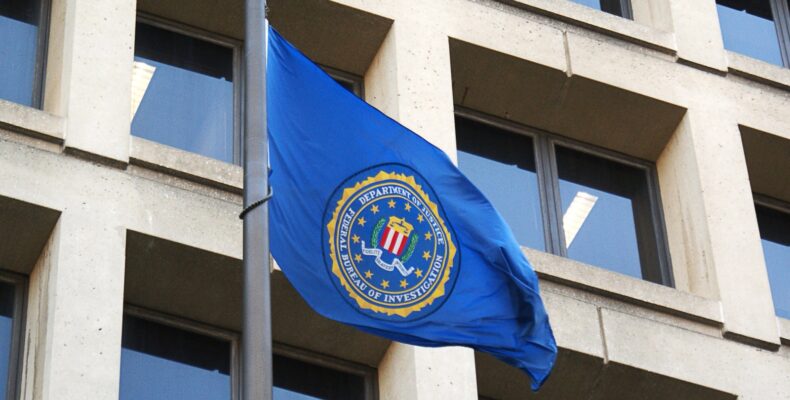1. Introduction
If you’re planning to use an FBI background check or any U.S. federal document abroad, you’ll likely encounter two terms: Apostille and Authentication.
They both serve to legalize your documents, but they apply to different countries and processes. Choosing the wrong one can delay your international plans or result in rejection by foreign authorities.
In this guide, we’ll walk you through the differences between apostille and authentication, when to use each, and how PacSigning can help ensure your documents meet the exact legal standards required overseas.
2. Why International Documents Need Authentication
Governments and institutions abroad must verify that your U.S. documents—like FBI background checks, diplomas, or legal forms—are legitimate. That’s why you need either:
- An apostille, which certifies a document for countries in the Hague Convention
- Or authentication, followed by consular legalization, for countries outside the Convention
3. What Is an Apostille?
An apostille is a certificate issued by the U.S. Department of State that verifies the authenticity of a federal document, making it legally valid in Hague Convention countries.
🔹 It’s a single-step process
🔹 Typically faster than authentication
🔹 Recognized by over 100 countries, including France, Germany, and South Korea
4. What Is Document Authentication?
Authentication is a multi-step process used for countries not part of the Hague Convention. It involves:
- U.S. Department of State authenticates the federal document
- The appropriate foreign embassy or consulate must also legalize it
🔸 It’s more time-consuming
🔸 Required for countries like China, UAE, and Saudi Arabia
5. Apostille vs. Authentication: Key Differences
| Feature | Apostille | Authentication |
| Used For | Hague Convention countries | Non-Hague countries |
| Number of Steps | One (Dept. of State) | Two or more (State + Embassy/Consulate) |
| Time Required | 4–10 business days | 12–25+ business days |
| Acceptance | Over 100 countries | ~80 countries requiring full legalization |
| Example Countries | Spain, Italy, Germany | China, UAE, Qatar |
6. When Do You Need Apostille vs. Authentication?
Use apostille when:
You’re going to France, South Korea, Italy, Brazil, Portugal, or any Hague country
The document is federal (like an FBI background check)
You’re teaching, working, or immigrating to a Hague member
Use authentication when:
You’re moving to China, UAE, Saudi Arabia, or other non-Hague nations
The document must go through embassy or consulate review
The foreign authority explicitly asks for “legalization”
7. Examples by Country
| Country | Requires |
| Germany | Apostille |
| Mexico | Apostille |
| United Arab Emirates | Authentication |
| China | Authentication |
| India | Apostille |
| Vietnam | Authentication |
8. Mistakes to Avoid
Submitting a state-level document (e.g., local police check) for federal apostille
Choosing apostille for a non-Hague country
Skipping embassy legalization where required
Submitting incomplete or outdated FBI reports
Missing signature or notary on required documents
With PacSigning, every document is verified before submission—so you never worry about rejection or delays.
9. How PacSigning Helps with Both Services
Whether you need an apostille or full authentication, PacSigning has you covered:
Digital FBI report submission support
Secure handling of sensitive documents
Same-day document review
Apostille or authentication through the correct channels
Real-time updates and shipping tracking
Assistance with embassy legalization if needed
Our team works directly with the U.S. Department of State and international embassies, making sure everything is processed correctly and efficiently.
10. FAQs
Q: How do I know which process I need—apostille or authentication?
A: Check if your destination country is a member of the Hague Convention. PacSigning will guide you based on your country.
Q: Can I apostille state documents too?
A: Yes, but they must go through the state’s Secretary of State, not the federal government.
Q: How long does authentication take?
A: On average, 12–25 business days, including consular processing.
Q: Can PacSigning help with consulate legalization?
A: Yes. We coordinate with embassies and consulates for full legalization services.
11. Final Thoughts
Choosing between apostille and authentication isn’t just a technicality—it can make or break your international paperwork. Apostille is faster, but only valid in Hague countries. Authentication is more involved but required elsewhere.
With PacSigning.com, you get expert help, faster service, and full compliance with both U.S. and foreign legal standards.
Need help now? Request apostille or authentication service today


